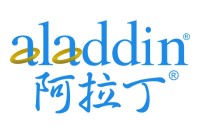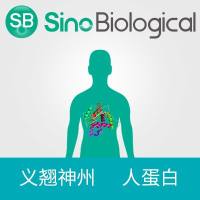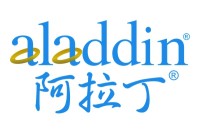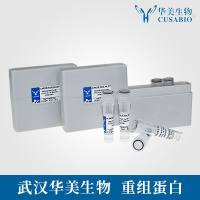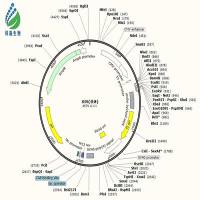Modifying Yeast Artificial Chromosomes to Generate Cre/LoxP and FLP/FRT Site-Specific Deletions and Inversions
互联网
652
The ability to efficiently and accurately modify genomic DNA through targeted and tissue-specific mutations is an important goal in animal transgenesis. Here we describe how to exploit two systems of homologous recombination, from yeast and bacteria, to engineer yeast artificial chromosomes (YACs) to generate targeted deletions and inversions in vivo, in transgenic animals, and in the presence of DNA-modifying enzymes known as recombinases. Through homologous recombination in yeast, specific recombinogenic sequences are inserted upstream and downstream of a region in the YAC. The sites of integration of these short sequence elements are chosen carefully, such that the YAC is left functionally intact, and this modified transgene represents the wild-type allele. This YAC is subsequently used to generate transgenic animals, which when bred to animals expressing recombinase proteins result in genetic modifications. By expressing recombinase proteins from different tissue-specific promoters, one can mediate site-specific recombination to generate either ubiquitous or tissue-specific deletions or inversion. These modifications can then be carried through the germline or can be studied somatically. A great advantage of this system is the ability to evaluate subtle genetic effects independent of position-effect variegation, and transgene copy number, eliminating the need to examine several independently generated lines of transgenic animals for each genetic variant.


